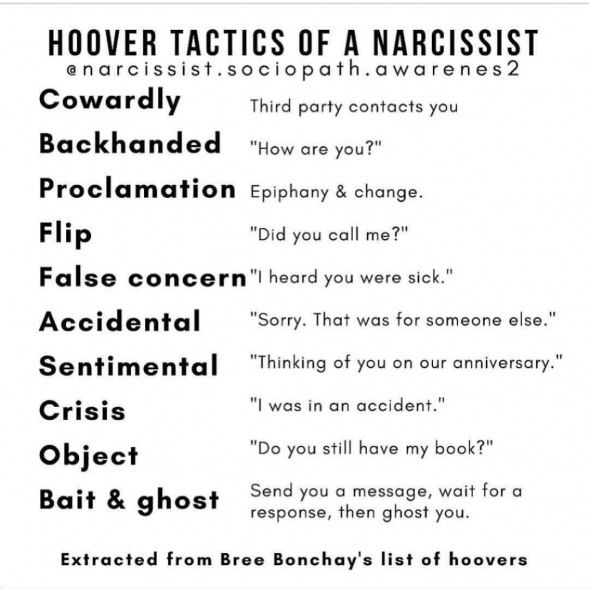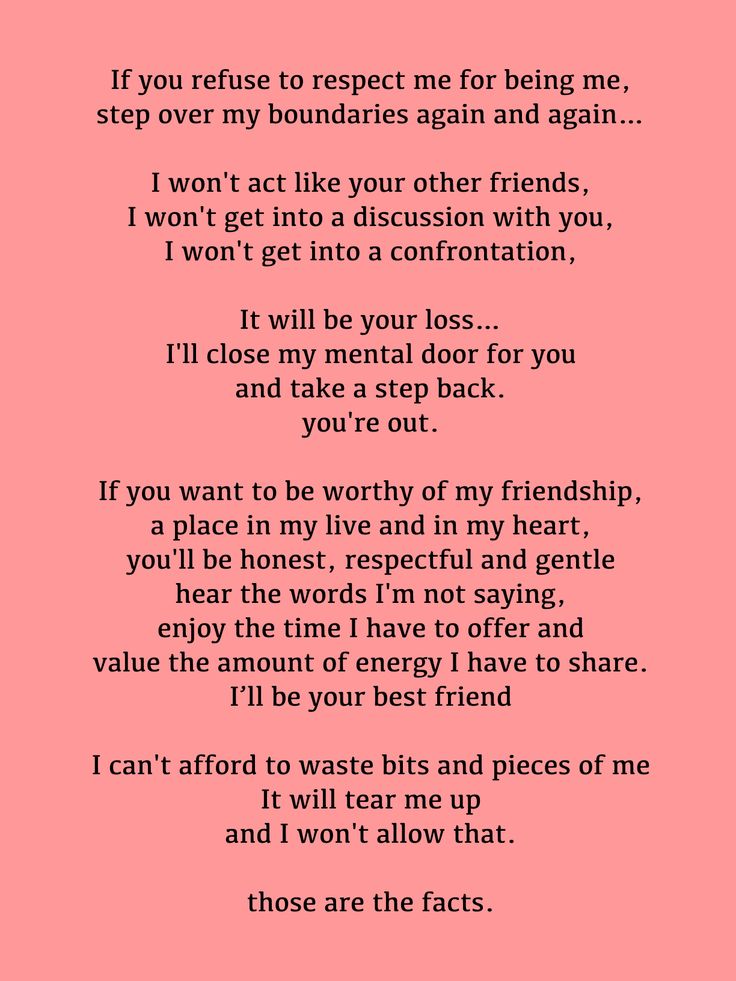How to be more brave
9 Ways to Conquer Your Fears
Jump to section
Is fear holding you back from making life-changing decisions?
Is fear always a bad thing?
How to be courageous: 9 ways to become fearless
Learn how to be brave and inspire others
Do you want to meet the best version of yourself? Start by learning how to be brave
Taking steps to live courageously and get out of your comfort zone is the quickest path to reaching your full potential.
The problem is, many of us let our fears get in the way. We don’t go for a job because we’re afraid we’re not qualified enough. Or we don’t make a positive change in our life because we’re afraid of the unknown.
Sound familiar? That’s because we all experience fear. It’s a natural human emotion. But always living in fear of the "what-if" can hold us back in our professional and personal lives.
To overcome our fears requires a little acting. Let’s explore how to be brave and courageous using nine powerful tips.
Is fear holding you back from making life-changing decisions?
Fear can be paralyzing.
The fear of what might happen or making the wrong decision can cause nothing to happen in your life. Instead of moving forward, you retreat to a safe and warm comfort zone and avoid making any major life decisions.
However, getting too attached to your comfort zone can be dangerous. It can hold you back from any kind of personal, professional, and emotional growth.
Personal growth
Each of us is on our own unique journey of personal growth. It’s a continuous process that spans our entire life. Personal growth can mean many things:
- Setting and achieving goals
- Building your self-esteem
- Finding your purpose
- Reaching your full potential
Our biggest growth comes from overcoming problems and situations that challenge us.
And that’s when fear sets in. Fear of failing, fear of the unknown — you name it.
When you let fear become a roadblock that gets in the way of your own life, your personal growth gets temporarily stunted. Instead of developing our mental fitness and growing, we retreat into our shells. We also avoid new experiences to avoid uncomfortable feelings.
Instead of developing our mental fitness and growing, we retreat into our shells. We also avoid new experiences to avoid uncomfortable feelings.
Eventually, we start to feel unfulfilled because we’re not living an authentic life. Instead of moving forward, we stay in a safe place that we’ve long outgrown.
Professional growth
Fear can also affect different aspects of your professional growth. According to performance strategist Laura Garnett, one of the things that hold you back from being successful is fear of failure
Imagine you’re currently in an unfulfilling role. You know that you need to make a career change, but the thought of failing is keeping you from making a decision. So you stay where you are for another year, or two, or three.
This is just one example of how the fear of failure affects your professional growth. Instead of advancing in your career, developing new skills, and being in a role that aligns with your true potential, you choose to feel safe.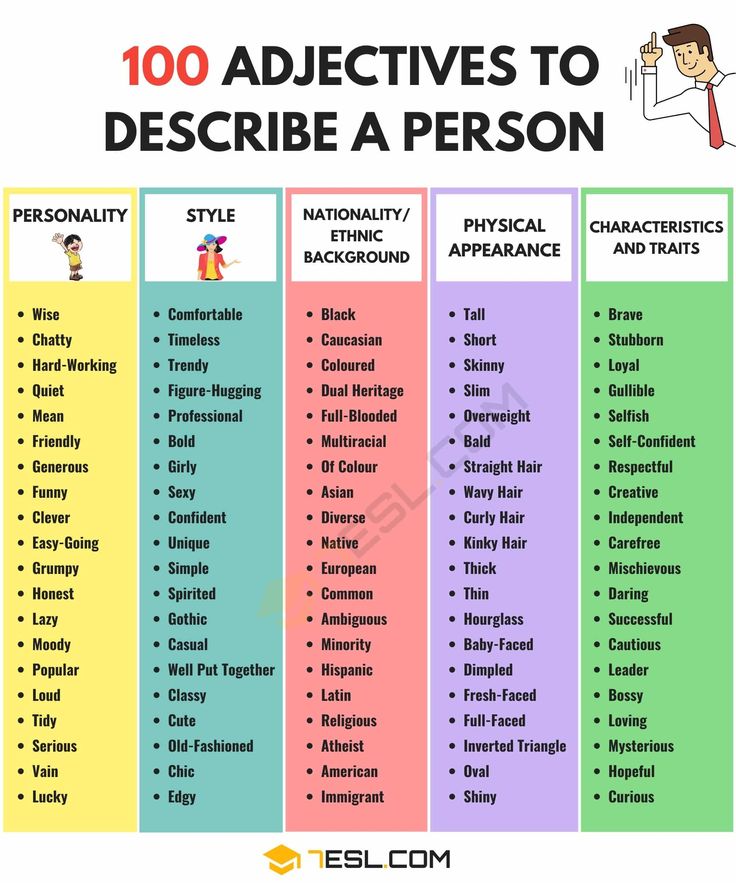
Fear of failure is also tied in with fear of not being good enough. This is another common obstacle in your professional growth that manifests itself as imposter syndrome.
In this scenario, you may be reluctant to take on a leadership role because you don’t believe you’re good enough.
When you let fear run the show in your professional life, it will always keep you from making decisions that drive you forward.
Emotional growth
Avoiding situations that take you out of your comfort zone because you’re afraid affects your emotional growth. You miss out on developing strong emotional skills that you need to succeed in your personal and professional life. These include:
- Building resilience
- Developing emotional regulation
- Improving emotional intelligence
- Expanding your self-awareness
Failing to develop on an emotional level can leave you extremely vulnerable to unexpected or stressful situations. This type of chronic and acute stress is known as “bad stress” - the opposite of the good kind of stress that leads to growth.
A lack of resilience, for example, will make you perceive challenges at work as threats instead of opportunities. This affects your job performance and ability to adapt to this new environment.
If you constantly dodge opportunities for emotional growth, you’ll find yourself unable to deal with challenging situations in your personal and professional life.
Is fear always a bad thing?
Fear isn’t always an inherently bad thing. After all, fear is and has been a normal and healthy response to threatening situations since the dawn of time. It triggers our fight-or-flight instincts and keeps us safe from potential dangers.
Today, we don’t feel true fear as often as our cave-dwelling ancestors did. Yet, there are situations when it can manifest as a gut feeling or a sudden instinct.
Imagine you’re walking down the street at night. Your senses pick up subtle signals you may be unsafe and fear sets in. In these instances, listening to your body’s intuition can save your life.
Fear is also a very powerful human emotion. It can guide you towards the part of you that needs the most work. As psychiatrist Carl Jung put it, “Find out what a person fears most, and that is where he will develop next.”
In other words, doing whatever you’re afraid of most leads to your biggest growth as a human being.
For example, If you’re afraid of public speaking, give a presentation in front of dozens of people. It can be extremely empowering and help you develop into a more confident person. Improving and mastering public speaking skills is essential if you want to stay competitive in today’s job market.
On the other hand, when fear consistently holds you back from living your life to the fullest, it becomes a problem.
Often, this fear manifests as anxiety. Anxiety is a consistent response you have to things that may not pose an actual threat to you. And they’re not even immediate threats, but things you anticipate that may not happen.
Some examples of this could be:
- Worrying about being negatively judged and ridiculed by others in social settings
- Not trying something new because you fear failure and rejection
- Fearing change and uncertainty
- Not going after what you want because you fear you’re inadequate
This kind of fear keeps you stuck in your comfort zone and robs you of opportunities and experiences that can enhance your life.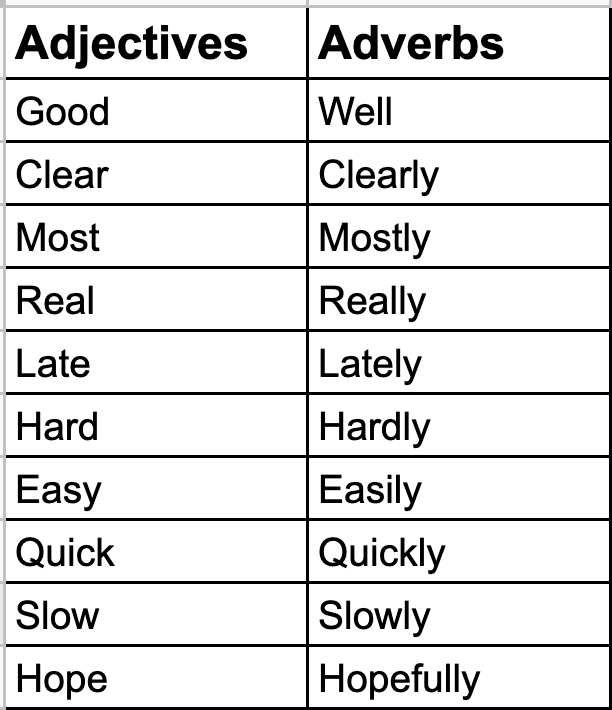
Overcoming these common fears doesn’t happen overnight, but it’s certainly achievable.
Can you be brave when you’re afraid?
The words brave and courage are often used interchangeably, but by definition, they’re not the same. Bravery comes with a lack of fear. In contrast, being courageous doesn’t mean you’re not afraid. It means doing something even though it scares you.
In Nelson Mandela’s own words: “Courage is not the absence of fear, but the triumph over it.”
Learning how to be courageous in the face of fear takes practice and persistence. Think of it as learning a new skill. Once you’ve mastered it, it can be extremely liberating. Similarly, being brave when the situation calls for it can also be cultivated.
How to be courageous: 9 ways to become fearless
It’s never too late to become fearless and step out of your comfort zone. Here are 10 ways to become a more courageous version of yourself:
1. Acknowledge your fear
Never try to sweep your fear under the rug.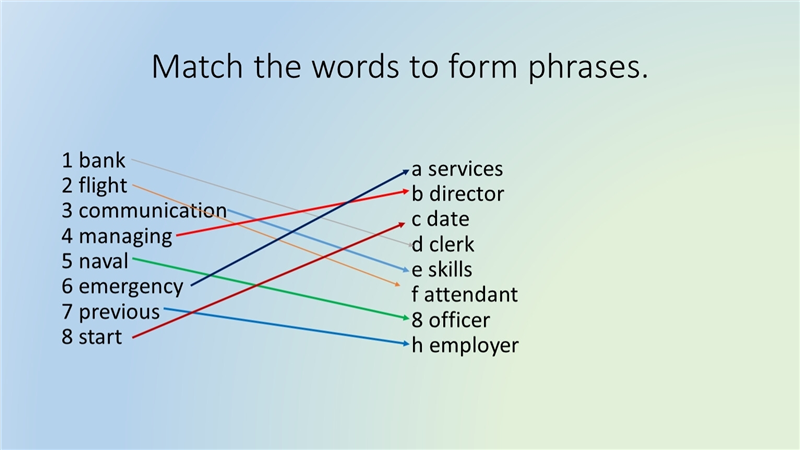 It will give it more power.
It will give it more power.
Instead, you need to acknowledge and accept your fears. We all have them, and there’s no shame in that. Like we mentioned before, bravery is not about eliminating fear but moving forward despite being afraid.
2. Confront it
Confronting your fear is about understanding the underlying reasons why you’re afraid in the first place.
For example, if you’re afraid to ask for a promotion or apply for a new role, ask yourself why. Is it because you may not get it? Are you afraid of rejection, failure, or ridicule?
You’ll soon realize that your fear is often your ego trying to protect itself from feeling diminished. In reality, these experiences can only make you a stronger person, not weaker.
3. Use positive self-talk
Self-talk is that inner voice inside your head that reveals your beliefs and thoughts. When you’re afraid, it means that for a long time, you’ve created a negative stream of self-talk that may look like this:
“I would like to speak up more during meetings, but I’ll probably just say the wrong thing. ”
”
“I’m not going to that networking event. What if I don’t know anyone there?”
When you start believing these negative thoughts, you sabotage your growth. You must catch these thoughts when they arise and replace them with positive self-talk:
“I am capable of speaking in front of my peers, even if it’s not perfect.”
“It’s okay If I don’t know anyone there. It’s a chance to meet new people and learn.”
Consistent, positive self-talk will build your confidence and your ability to overcome your fears.
4. Get comfortable with being uncomfortable
American writer and self-improvement pioneer Dale Carnegie once said, “Do the thing you fear to do and keep on doing it...that is the quickest and surest way ever yet discovered to conquer fear.”
So if you’re afraid of being alone, for example, go see a movie by yourself. If you want to be even braver, take a solo trip.
The best way to become fearless is to put yourself in situations that intimidate you. Once you do them despite being afraid, fear will lose power over you.
Once you do them despite being afraid, fear will lose power over you.
5. Make being brave a habit
Once you conquer your fear for the first time, don’t stop there. Strengthen your fearlessness like a muscle by overcoming your fears on a regular basis.
In her book Fear Is Not An Option author Monica Berg advises making a list of things that you would do if you weren’t afraid.
Make your own list and start doing those things. Begin with the easiest ones and gradually move up.
When you learn how to live courageously, you’ll realize how much you were missing out on because fear was getting in the way.
6. Practice mindfulness
Practicing mindfulness in all areas of your life means always staying grounded in the present moment. Mindfulness practices like breathwork and meditation can help you relieve worries and anxiety.
Mindfulness teacher and author of “The Power of Now explains that fear is completely mind-made.
You’re always afraid of what might happen, not what is actually happening in the present moment. The fear he refers to is not an immediate danger. He’s talking about feelings of unease, anxiety, or worry about a future made-up problem.
The fear he refers to is not an immediate danger. He’s talking about feelings of unease, anxiety, or worry about a future made-up problem.
When you practice mindfulness, you learn to observe these thoughts. You also learn not to let them take over you and turn your fear into a worst-case scenario.
7. Find a mentor
Do you know anyone in your personal or professional life whose fearlessness and confidence you admire? Build a mentorship relationship with them.
They can offer valuable advice and teach you how to be fearless and brave.
8. Embrace failure
We’re often afraid to do something because we’re afraid of failure. We try to do it once, and as soon as we fail, we give up.
Instead of fearing failure, we need to make the most of it and turn it into a learning opportunity.
So how do we do that? Start by building resilience.
Resilient people try not to be hard on themselves when they don’t succeed and have a growth mindset. When you have a growth mindset, you believe you can learn through your failures and try again.
9. Don’t aim for perfection
To overcome fear, try to approach anything you do with a beginner's mind.
Next time you want to try something you fear, don’t have any expectations of how it’s going to go. Approach it with a sense of curiosity and don’t worry about the outcome.
Learning not to judge an outcome as good or bad will take the fear of failure out of the equation.
Instead of aiming for perfection, aim to learn and grow.
Learn how to be brave and inspire others
Learning how to be brave doesn’t mean not being afraid. It means taking action despite feeling afraid.
It’s seeing fear as an opportunity instead of a roadblock — an opportunity for personal, professional, and emotional growth. Fear can guide you towards the areas of your life that need the most work.
Practicing positive self-talk or putting yourself in challenging situations are small but powerful steps to build self-confidence and become a brave person.
What steps will you take today to challenge yourself and others?
A BetterUp coach can help you develop the skills you need to overcome fear and reach your full potential.
Request a demo to get started.
8 strategies to have more courage
Development Areas
Learning Options
For your team
Home
>
Blog
>
Wellbeing
>
General Wellbeing
>
how-to-be-brave
WRITTEN BY:
AMY RIGBY
What would you do if you knew you couldn’t fail?
Sounds enticing, right? With guaranteed success, you might tackle opening up your own business, learn a musical instrument you’ve always wanted to try, or tell your boss you’re ready for a promotion. But, in the real world, we let fear of failure hold us back from pursuing our dreams. Let’s face it—it’s hard to be brave and take risks.
Think about how fear is holding you back in your own life. Maybe you hesitate to take courageous steps due to fear of the unknown, of what other people might say, or of course, because of the possibility of failure.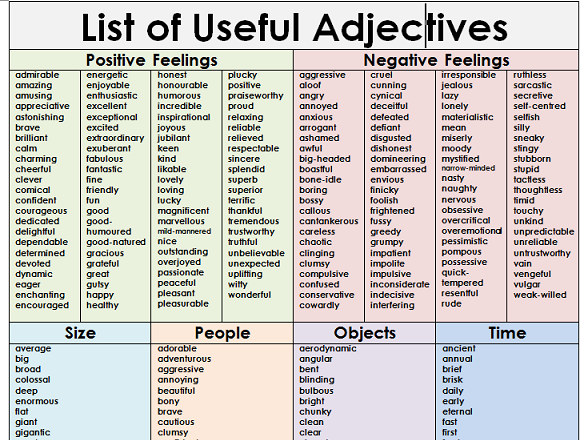 However, giving in to your fears will only keep things as they are and may hinder you from going after ambitious goals that will propel you forward.
However, giving in to your fears will only keep things as they are and may hinder you from going after ambitious goals that will propel you forward.
The good news is bravery can be learned if you regularly push yourself outside of your comfort zone. If that doesn't come naturally to you (or the thought alone makes your palms clammy), this guide highlights the difference courage can make in your personal and professional life and shares actionable tips on how you can summon your courage and become the bravest version of yourself.
Table of contents
Why bravery matters (both personally and professionally) How to be brave: 8 strategies to muster your adventurous spirit and conquer your fears Remember that fear isn’t always a bad thing The bravest move is to get startedWhy bravery matters (both personally and professionally)
Your comfort zone is, well, comfortable. So, what's the point in leaving that safe and predictable bubble in the interest of pursuing bravery? Knowing how to be brave can have major positive impacts in both your personal and professional lives.
Why bravery is important in your personal life
No matter who you are or what goals you have, bravery is needed in your daily life—from having the courage to have an honest conversation with a family member or being courageous enough to try a new hobby you've always wanted to learn.
With that said, a brave act doesn't always mean a big grand gesture (nope, it's not all about skydiving). Sometimes, it can be addressing the elephant in the room or establishing boundaries with someone for your own mental health. Having the courage to do the difficult but necessary things in your life will also make your personal relationships all the more meaningful.
Plus, you can't let fear or self-consciousness hold you back from going after the goals, hobbies, or lifestyle choices that have the potential to add even more joy to your daily life. If you want to have more music in your life, go try taking a piano lesson. Or, if you want to travel the world, see if you can work remotely or take a long-term absence from your job to go and see new places.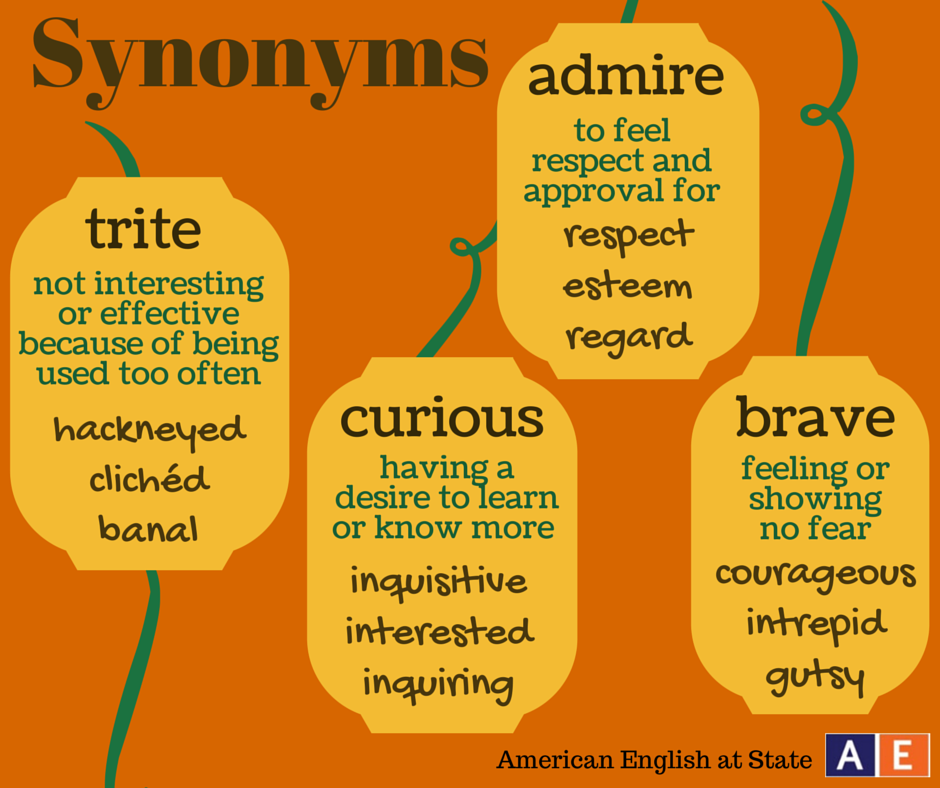
Those decisions require a certain degree of bravery and, if you constantly hold yourself back from pursuing these aspirations (or whatever is on your own list), your life may feel stilted—when a little bit of confidence and guts could push you toward living an even richer, more fulfilling life.
Why bravery matters for your career and professional life
Even a little bit of bravery can pay dividends when it comes to your personal passions and relationships. But, there's a big payoff for your career as well. Bravery can lead you down an ambitious and more fulfilling career path.
For example, maybe you don't enjoy your current corporate job and dream of working for a nonprofit instead. While you might like to quit your job and get a new one at your favorite nonprofit, you're afraid the lower pay and involvement with a less-established organization would be a bad career move. These fears may be understandable (and of course, you always need to balance your own objectives with real-world logistics). But, by not listening to your intuition and going after your true passion, you could be limiting yourself and avoiding a career that's ultimately more fulfilling for you.
But, by not listening to your intuition and going after your true passion, you could be limiting yourself and avoiding a career that's ultimately more fulfilling for you.
Many times, people don't pursue their career dreams because they suffer from imposter syndrome and think they're not good enough. You can move past this negative thinking by focusing on the great ideas and skills you bring to the table. With a positive mindset and confidence in yourself, you'll be able to have the courage to raise your hand for the leadership roles or other professional responsibilities and challenges that you want.
How to be brave: 8 strategies to muster your adventurous spirit and conquer your fears
You're convinced—you're ready to display some more courage in your life, whether professionally, personally, or both. Rest assured, being brave doesn't have to be synonymous with being reckless. It's more than possible to take a thoughtful, strategic approach to incorporate more audacity and confidence into your everyday life.
Let's look at eight steps you can take to not just put on a brave face but actually use your life experience to find a real source of courage within yourself—and become a far more brave person in the process.
1. Acknowledge and understand your fears
Courage is not the absence of fear. It’s the ability to acknowledge your fear and then move past it. Some people believe that the best way to conquer fear is to ignore it and pretend that it doesn’t exist. This can be tempting, but it’s an unhealthy way to deal with your fears. Ignoring the fear only makes it seem more scary and unmanageable in the long run.
That’s why the first step to bravery is to accept that you are afraid and then dig into the root cause of your fear. Why does that situation make you afraid? For example, perhaps you've always had a paralyzing fear of public speaking. You can use a technique like the "five whys" technique to get down to the true cause of your apprehension. It's as simple as asking "why?" five times in a row. Here's an example:
Here's an example:
"I'm afraid of public speaking."
Why? "I've never had a positive experience with it."
Why? "I always get overly nervous and self-conscious."
Why? "It's nerve-wracking to get up in front of other people."
Why? "I'm worried that they're quietly judging me."
Why? "Because I don't think I have anything worthwhile to share with them."
See? While you might've originally thought that your fear was related to a large crowd or even the potential for embarrassment, it goes deeper than that: You don't trust that you're worthy of speaking in front of a crowd. That's a root cause that you can work on addressing with adequate research and preparation for public speaking opportunities.
Naming the fear and the reason behind it helps you look at the situation from a more objective perspective and gives you more control over your fear.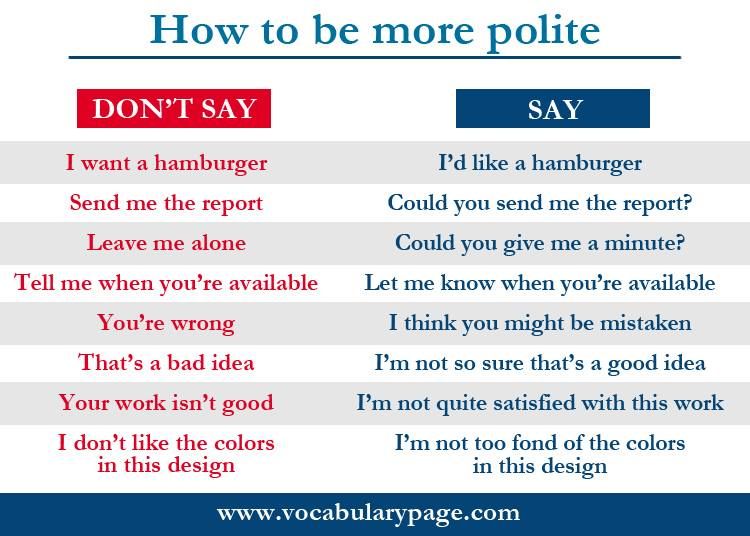 Then, knowing what you’re up against gives you the ability to decide how much this fear will hold you back from your life
Then, knowing what you’re up against gives you the ability to decide how much this fear will hold you back from your life
2. Challenge your negative thoughts
If you’ve had the thought, “I can’t do this” or, “What if they think it’s a dumb idea?” you’re not alone. Many times negative thoughts will hold people back from taking a brave step.
Don’t give your negativity or internal stress any weight. Instead, question those pessimistic thoughts. How do you know that people will laugh at you? What evidence do you have?
Then, look at all of the facts that go directly against your negative thinking. That could be something as simple as compliments or positive feedback from other people that you trust. We all have the tendency to be our own worst critics and will let their fear hold us back. Take a holistic look at the situation without letting your uncertainty or doubts cloud your judgment. Your goals might not be as unrealistic as you originally believe.
3. Use positive self-talk
Similarly, make sure you are kind to yourself throughout your journey. If you’re hard on yourself every time you make a mistake or aren’t sure what to do next, you’ll never want to put yourself in those types of situations that help you grow. You need to trust yourself through the process. Your intuition can be the most resourceful tool when it comes to facing your fears, so check your gut and follow what it tells you.
If you’re hard on yourself every time you make a mistake or aren’t sure what to do next, you’ll never want to put yourself in those types of situations that help you grow. You need to trust yourself through the process. Your intuition can be the most resourceful tool when it comes to facing your fears, so check your gut and follow what it tells you.
As you’re trying new things and trusting your own judgment, a personal coach can be a good supporter to help you know when to check in with yourself for that intuition. Our Trust Your Gut Program is a powerful resource to help you develop that internal reference and start building your positive inner voice for yourself. You'll walk away with boosted self-esteem, heightened self-awareness, and the ability to make faster, more confident decisions.
Mistakes will inevitably happen as you’re learning to be brave. Use those bumps along the way as learning experiences and maintain a positive mindset. You can be your own best cheerleader, so give yourself the grace and the encouragement you deserve.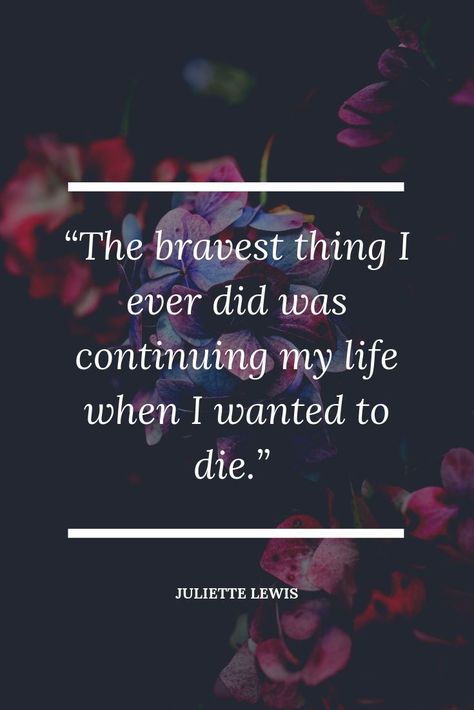
4. Get comfortable with being uncomfortable
Here's the truth: When you make a brave decision, you’re setting yourself up for potential discomfort. But, discomfort isn’t something to be afraid of or avoid. It’s part of having courage. The braver you try to be, the more likely you will find yourself in uncomfortable or unfamiliar situations. Lean into this and start to become comfortable with the unknown and the thrill that comes with venturing outside of your comfort zone.
Soon, stretching yourself and trying new things will start to feel like a habit or second nature. That’s when a brave act like quitting your 9-5 to start up your own graphic design business won’t seem so scary. You’ll be far more accustomed to the uncertainty that comes with that decision and know that you’ve gotten through an uncomfortable situation before—and you’ll be able to do it again.
5. Accept the possibility of failure
Failure is an ominous word to many, but it shouldn’t be a bad thing. It can seem scary and, obviously, it isn’t the outcome most people hope for. But, failing can be a teaching moment along your journey to help you get closer to reaching your dreams.
It can seem scary and, obviously, it isn’t the outcome most people hope for. But, failing can be a teaching moment along your journey to help you get closer to reaching your dreams.
When your plans don’t pan out, take the opportunity to assess what went wrong and what can be improved next time so the mistake doesn’t happen again. Seeing each setback as an opportunity can also help you build resilience so you’re able to get back up and keep trying without letting the failure eat away at you too much.
Failing will likely happen to you at one time or another. While this is true, don’t let it hold you back. Never trying something new or going after your goals means that you're giving into that fear and accepting cowardice. Go after the bold dreams you have and accept that failure may or may not happen. The bravest thing you can do once you’ve failed at something is to get back up and try again.
6. Get support and accountability with coaching
As you pursue increased bravery, it can be helpful to have a mentor or coach to advise and encourage you throughout your journey to building up courage. If there is someone at work who has the job you want one day or if there’s another person whose bravery you admire, ask them how they got to where they’re at now. Not only can you look to them as a role model, but they may also be able to offer advice to help you be more courageous in your career or inspire you to go after your dreams.
If there is someone at work who has the job you want one day or if there’s another person whose bravery you admire, ask them how they got to where they’re at now. Not only can you look to them as a role model, but they may also be able to offer advice to help you be more courageous in your career or inspire you to go after your dreams.
If you’re shy about asking someone you know for help, a life coach can be that person to encourage you and provide actionable, targeted advice. F4S has plenty of coaching programs that can help you develop courage and confidence, and the Personal Power track is one great example. This program will not only help you see the talents and value you bring, but Coach Marlee can also build up your confidence and provide tips on how to make the most of your personal influence.
7. Make a game plan
To prepare yourself to do a brave thing without feeling like you're leaping off a cliff or flying entirely by the seat of your pants, try making a plan so you can think through and prepare for every small step. You can analyze every potential scenario and come up with responses for each possibility. Another way to plan is by creating SMART goals for each aspiration you want to set out to do. This will help you set a timeline to achieve your goals so you don't let too much time pass without taking action.
You can analyze every potential scenario and come up with responses for each possibility. Another way to plan is by creating SMART goals for each aspiration you want to set out to do. This will help you set a timeline to achieve your goals so you don't let too much time pass without taking action.
For example, if you decide you want to try your hand at standup comedy (despite the fact that the thought alone terrifies you), you can create a schedule for when you'll work on writing new material and attending open mics. You could also research top comedians, times that they've bombed in front of a crowd, and their own recommendations and strategies for coping when jokes aren't landing the way you hoped.
Is it a foolproof plan? Nope—and that's why bravery is still required. But, the sheer act of planning helps you feel like you're exercising at least a little bit of control over an otherwise intimidating situation, which can calm any anxiety you have about going after a bold goal. While events may not go according to your plan, you'll at least have put in your best effort to prepare so things can go smoothly. Plus, you'll have something to reference to keep you on track so you feel more accountable to accomplish your dreams.
While events may not go according to your plan, you'll at least have put in your best effort to prepare so things can go smoothly. Plus, you'll have something to reference to keep you on track so you feel more accountable to accomplish your dreams.
8. Just do it
Ultimately, the best way to be courageous is to just do what makes you scared. Take a deep breath and do the brave thing. You can plan all you want, find the right mentors, and put yourself in the right mindset, but if you never jump into a brave decision, you’ll never have courage.
As counterintuitive as it might feel for you, an impulsive decision here and there can help kickstart your brain into thinking more courageously and get primed and ready to take on your fears. Allow yourself to jump into new things without overthinking and you’ll find that being brave isn’t always as scary as it might seem.
Remember that fear isn’t always a bad thing
While fear can hold you back from being courageous, it can also be a healthy emotion to experience from time to time. A strong gut feeling that something isn’t right can save your life in a dangerous situation. When you feel afraid, sit with that feeling and try to uncover why you feel that way and how likely those fears are to come true.
A strong gut feeling that something isn’t right can save your life in a dangerous situation. When you feel afraid, sit with that feeling and try to uncover why you feel that way and how likely those fears are to come true.
If your fears are based on doubt or unlikely consequences, the brave thing to do is move past that fear and move forward. But, if your fears are based on results that are somewhat likely to happen or your intuition tells you to stop, it’s probably a good idea to listen to that fear and pause. There is a fine line between bravery and recklessness. Your fear is that gut check that can help you determine which side of the line you’re falling on and if you should think twice before committing to a brave act. No illusion of bravery is worth risking your health or well-being.
The bravest move is to get started
While you can plan for years or give yourself positive encouragement, the best way to build your courage is to just do the things that you want to try but are scared to do.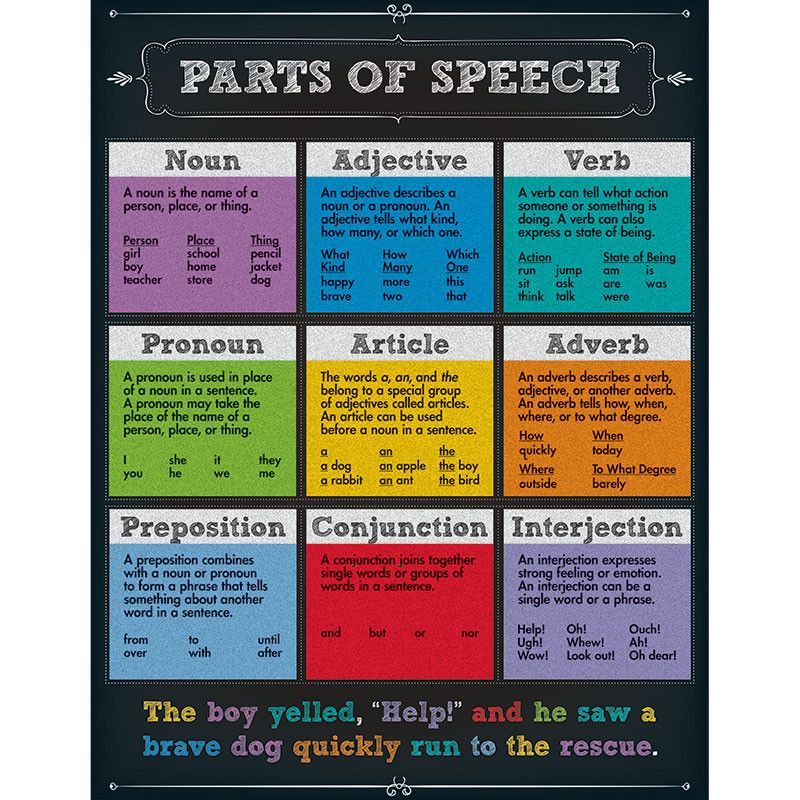
Go after the promotion, say "hello" to that person you’ve admired on the bus, or volunteer to lead a fundraiser for a local nonprofit. Having courage doesn’t mean you’re not afraid, but it means you won’t let that fear hold you back. Take the small steps day after day to put yourself out there and get closer to where you want to end up. You may even surprise yourself with what you can achieve.
Want some extra help to conquer your fears and live a courageous life? You can work with your own personal A.I. coach who will help you tap into your personal power and trust your gut as you set out to live a more courageous life. Get started for free now.Discover your ability to be brave with AI-powered coaching.
Our programs were designed by world-renowned coaches. Sessions only take 5-15 minutes. Get started for free with your personalized program now.
Loved By:
My Coaching Plan:
Our expert coaches have designed hyper-effective programs that will help
you learn how to be brave.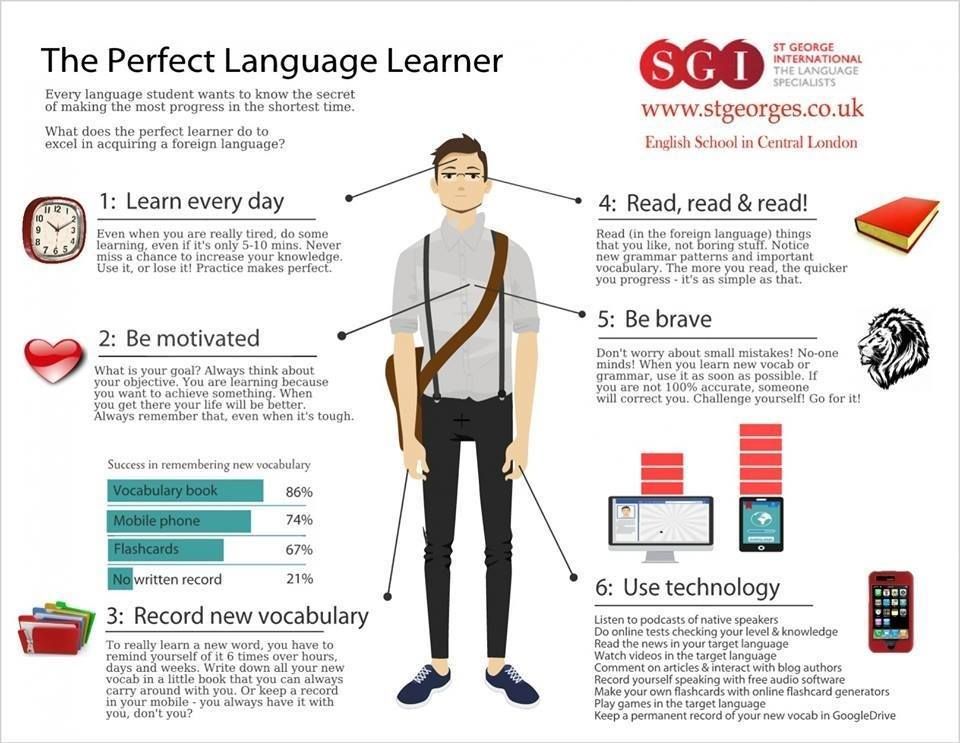
Coach Marlee (your amazing AI-powered personal coach) will analyse your unique traits and goals to let you know which program to start with (and if there are any you should skip)!
Your recommended programs include:
Goal Catcher
Inspire yourself to achieve grand visions and goals. A focus on goals is especially helpful for increasing your self-confidence, maintaining motivation and focus over time and for increasing satisfaction and wellbeing in your work and life.
5 - 15 minutes
per session
8 weeks
Show more programs
Hide
Increase EQ
Explore, develop or strengthen your emotional intelligence (EQ). Awareness of your and others’ emotions is at the heart of building confidence, ‘reading people’, impactful communication, deep relating and authentic connection at work and in life.
5 - 15 minutes
per session
8 weeks
Personal Power
In this high impact eight week program Coach Marlee will help you increase your comfort and confidence to be in positions of influence and leadership, navigate organizational politics and also help you develop a comfort to compete and collaborate at the top of your industry or field.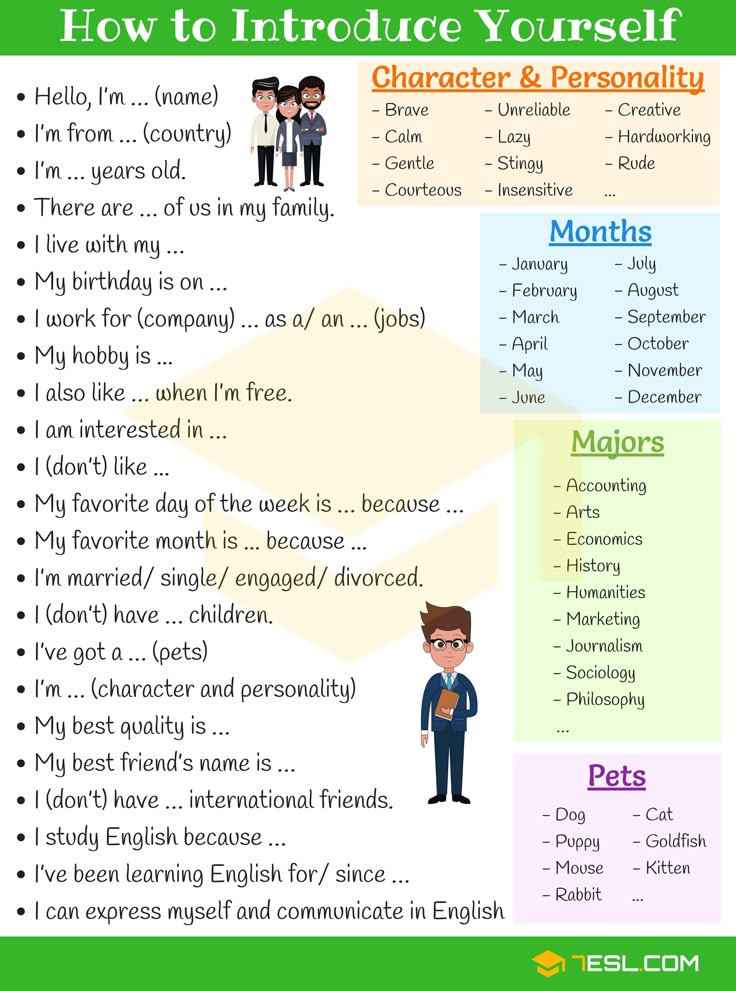
5 - 15 minutes
per session
8 weeks
Reflection & Patience
Develop ‘step back’ mastery for increased self-awareness and self-confidence. Reflection and patience are core to consolidating learning and developing mindfulness skills and frameworks for important work and life decisions.
5 - 15 minutes
per session
8 weeks
Trust Your Gut Feel
Explore, strengthen and stand by what you believe in at work and in life. Trust in your ‘gut feel’ and point of view is especially helpful for building confidence, meeting your personal needs and for living an authentic and meaningful life.
5 - 15 minutes
per session
8 weeks
Vital Wellbeing
In this high impact nine week program Coach Marlee will help you increase your self-confidence and general wellbeing while also helping you to break through self sabotage to develop life long skills for emotional resilience and self-esteem. Enjoy weekly cutting edge science backed wellbeing resources from both Marlee and our wellbeing partner Blisspot.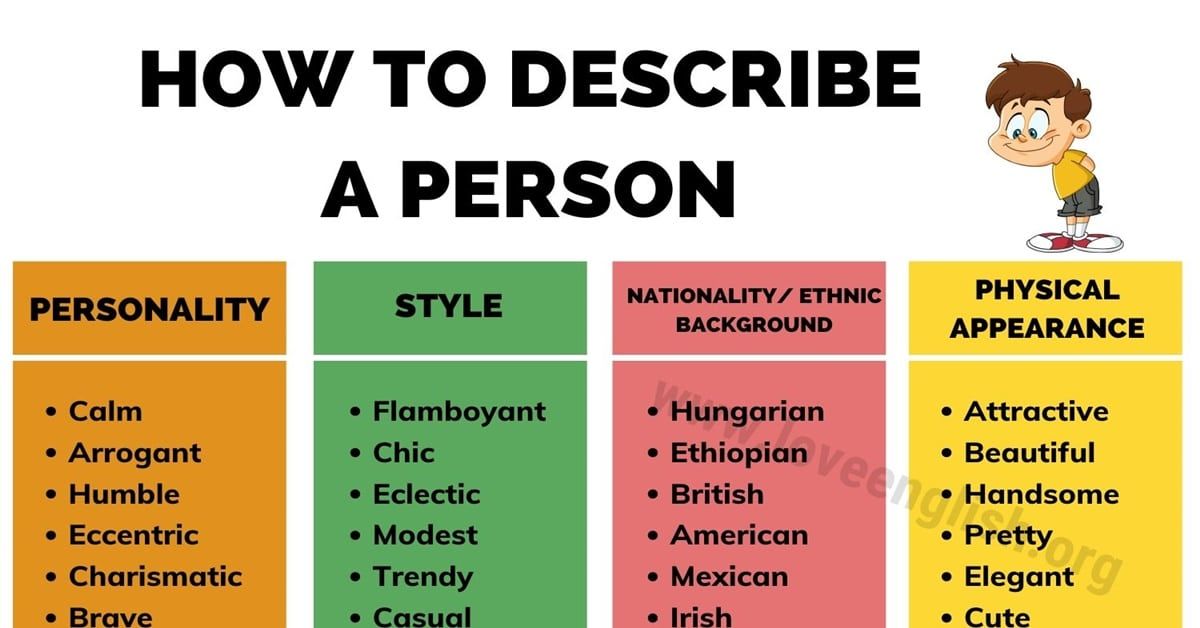
5 - 15 minutes
per session
8 weeks
Testimonials
This is some text inside of a div block.
“I’ve always found it daunting to be a leader, I have never sought out to be the one in charge. The positions have always found me. I now have new confidence. I especially like the concept of leadership through context. Very empowering”.
This is some text inside of a div block.
“I learned to be organised and to have clarity of my target”
Show more testimonials
Hide
This is some text inside of a div block.
“I love how practical this coaching is!”
This is some text inside of a div block.
“Awesome and effective coaching program of helping to increase motivation for goal challenged people. Fallen in love with goals and looking forward to more BHAGs. Highly recommend the coaching for GoalCatcher!”
This is some text inside of a div block.
“What profound and exciting coaching. Brilliant!”
This is some text inside of a div block.
“I discovered I need to be conscious of where I want to go - to get there”
This is some text inside of a div block.
“Always thought-provoking and well worth my time”
This is some text inside of a div block.
“The only way to move ahead is to work out the next action and then schedule a time to do it!”
Start personal coaching for free
Share:
My Coaching Plan:
Our expert coaches created the following plan to help
you be brave:
Goal Catcher
Increase EQ
Personal Power
Reflection & Patience
Trust Your Gut Feel
Vital Wellbeing
Get started for free
Toolkit
WRITTEN BY:
Kat Boogaard
Grow your people, grow your company.
Our tools are trusted by teams like Canva to help improve:
Wellbeing
Performance
Team Dynamics
Attract & Retain Talent
See Canva case study
Hack your life & work
Meet the world’s first A.
 I. Coach!
I. Coach!Get started for free with personal (or team) coaching.
Programs are designed by world-renowned coaches & delivered by our incredible (AI-powered) Coach Marlee.
Sessions take just a few minutes and are 100% personalized to fit your unique traits and goals.
Meet your personal coach!
Guides
F4S App
Case Studies
10-min Coaching Videos
Motivational Traits
Free Demo
Quick Tip Videos
App FAQs
Masterclasses
How to Become Bold: 7 Important Steps
41,334
Know YourselfCareer and Self-Realization
By avoiding decisive action and delaying events, we only increase fear. Unfortunately, it's human nature to find every possible excuse for postponing choices that are unpleasant for us.
The problem is that everything has its price. Every time we avoid something, it increases our excitement, and the event or the conversation that we are trying to put off only becomes more frightening in our imagination. This is how many phobias are formed, by the way.
This is how many phobias are formed, by the way.
In the end, we come to the conclusion that much of what we once put off until better times - we didn’t learn the language, didn’t do what our partner asked us to do many times - begins to directly affect our career or relationships.
In addition, without acting decisively and boldly (at least in small things), we eventually lose emotional stability, the ability to quickly recover from stress.
Such resilience comes from constantly overcoming challenges, albeit small ones
What we lack is not even emotional stability. This is the moment, the momentum, when we, without hesitation or hesitation, rush forward, as if into cold water, to do what we consider right and necessary, instead of stomping on the shore. You just need to minimize your chances of fear and leave only chances for action.
1. Don't think too long
It's especially hard to make up your mind when you're afraid of being rejected.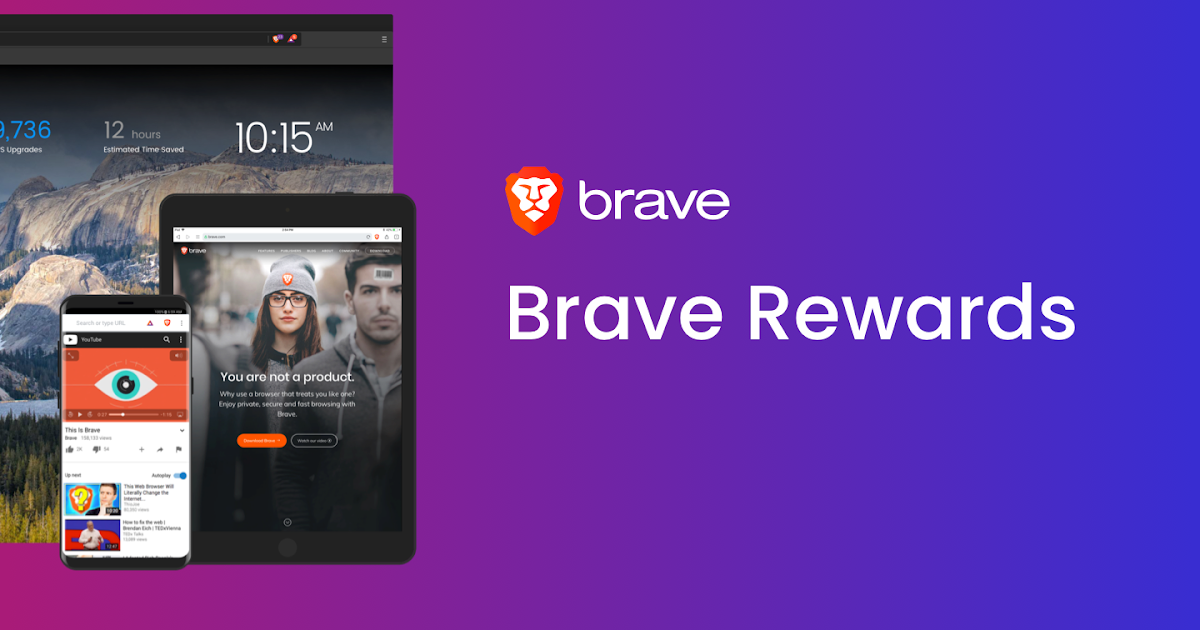 But our courage and determination have one strange quality - they melt over time. And the longer you wait, the less you have left. So if you decide to come up and talk to someone or, conversely, dot the "i" and leave, don't wait - do it.
But our courage and determination have one strange quality - they melt over time. And the longer you wait, the less you have left. So if you decide to come up and talk to someone or, conversely, dot the "i" and leave, don't wait - do it.
2. Focus on crossing the threshold
If you have an unpleasant conversation with someone in the family, determine for yourself what you want to say and what result to achieve. And then forget about it for a while and concentrate only on saying the first phrase.
Sometimes it takes weeks for some people to not get the courage to say, "We need to talk." Don't worry about how your conversation will go. To enter into a situation is to half win the battle.
3. Stop being afraid of speaking or interviewing
If you don't often speak in front of a large audience, start small. Ask for directions several times in a row. Act despite the fear, it will pass very soon. The main thing here is the number of repetitions.
Get used to the sound of your voice and being heard and answered, and then work on mastery of the audience
Read a humorous story to someone at home.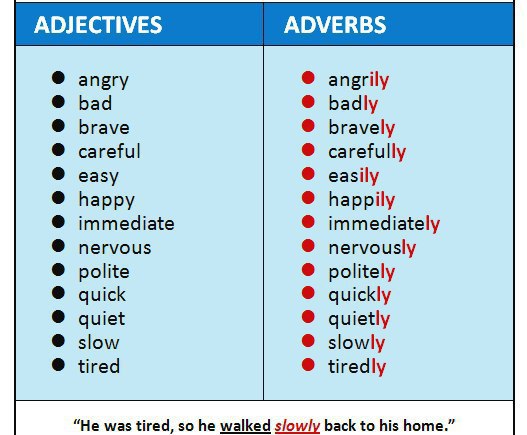 You will very soon want to read in faces, with expression. Take breaks, look at the reaction of the audience. She will be very violent! You will come to tomorrow's interview already as a person who knows how to control the audience.
You will very soon want to read in faces, with expression. Take breaks, look at the reaction of the audience. She will be very violent! You will come to tomorrow's interview already as a person who knows how to control the audience.
4. Think about how good it will be for you later
When we hesitate to even approach a problem, it is exhausting. Think back to how you felt after school exams. When you finally do away with what has been scaring you for so long, you will experience the same freedom.
5. Imagine how many new doors will open before you
This is especially true for those moments when it is difficult for you to say goodbye to what you have long grown out of. How to end a relationship that continues by inertia?
How do you get the courage to change your life if it's surrounded by old, uncomfortable furniture, in a place you don't like? Change will take you a lot of time and resources, but the result will bring relief.
6. Set an exact time for yourself
Make an appointment in advance for a gym or a doctor. Even if it is a conversation with someone close who is always there, a specific date will make the event inevitable.
Even if it is a conversation with someone close who is always there, a specific date will make the event inevitable.
7. Take the first step together
A proven way to stop being afraid is to take the first step together. We need the support of those who know us well and who believe in us.
Do not hesitate to ask your friends to come with you for an interview
If it is difficult to come to a psychologist and finally sort out your problems, start with trainings in a group where there will be many of you and everyone will be on an equal footing. You will receive not only the support of a psychologist, but also the help of group members.
Someone is endowed with more courage from birth, someone is more timid. But this does not mean that you will remain the same tomorrow. Start working on internal stability, train your communication skills. All this is quite real.
About the Author: Amy Morin is a psychotherapist and bestselling author of 13 Things Strong Men Do.
Text: Maria Malygina Photo Source: Getty Images
New on the site
“My husband yells that I don't cook much and that I overeat him with my daughter. And I cooked 5 liters of borscht”
“I can't believe that I got into a relationship where they beat me and humiliate me. How to leave?
Psychotherapy, weight loss or patience: what improves relationships with a partner?
Emotional triggers: what makes you angry or sad?
What (didn’t) help me after a breakup: a reader’s story and a psychologist’s opinion
Why Marvel movies are so popular in Russia — a psychologist’s opinion
“I quit to do what I love, but it doesn’t work out. How to attract good luck?
7 Unobvious Signs of Depression You Might Have Missed - Check Yourself and Your Loved Ones
11 Ways to Become Bolder and More Determined - HEROINE
Courage helps us open new horizons and achieve goals. According to Dr. Andrew Huberman, an experienced neuroscientist, courage originates in the prefrontal cortex - this is the area of our brain responsible for responding to fear. And the doctor notes that we can strengthen or develop our courage. We found 11 effective ways to do it.
1. Get to know yourself better
Set aside an evening for a heart-to-heart talk with yourself. Ask yourself questions that will help you understand yourself better: “What do I consider important?”, “What am I afraid of?”, “What do I want to achieve?”. Record your answers on paper to get a complete picture of what causes feelings and emotions. And then describe what you already have in order to become bolder. For example, a goal, a great desire, character traits, support, motivation. Also describe what it will take for you to become bolder.
For example, you are afraid to communicate with people. You find it important to overcome this fear because you want to make friends. Your shyness and lack of experience prevent you from doing this. They need to be defeated: to learn to be more open and assertive, and even more often to interact with people.
When you write down such a “strategy” for dealing with fear, based on an analysis of your personality, it is much easier to achieve your goal.
2. Set Realistic Goals
In order to be brave enough to achieve your goals, it is important to stay realistic by dreaming big. It is necessary to draw up an action plan, breaking the global goal into several small and quite achievable ones. Break your fear into pieces and gradually deal with each of them.
For example, if you are afraid to ride rides, but still dream of doing it, you should not immediately go to the highest and rotating around its axis. Such an adventure can only increase your fear, and "beat off" all desire in such entertainment. Choose a smaller and easier attraction to get used to the new sensations. After such a small step, you can explore higher structures, getting bolder each time, and then conquer the biggest attraction that you dreamed of.
3. Expand your comfort zone
Increasing courage is not something that can be done overnight. This is a daily process, and you will be more likely to succeed in this area if you focus on gradually expanding your comfort zone.
For example, if you find yourself intimidated when talking to new people, start small. Ask someone how to find the street you need or start a short conversation with people you are unlikely to see again - consultants in the store, people in line. Once you're more comfortable, start working on longer conversations with people you're not likely to see often, like playing a board game at a coffee shop. And then move on to interacting with people you will see on a regular basis.
4. Be both a champion and a fan
Each of us can strive for great success - to build character, help ourselves and others, just by supporting ourselves daily. The main thing is to try your best.
To build up courage and keep it, we must be our greatest personal protector. Do not forget to praise yourself for what you managed to do, and do not reproach too much if something did not work out. Say words of encouragement to yourself, as if you were saying them to your best friend.
5. Share your fear with loved ones
If you find it difficult to cope with experiences, you need to share them. Speaking out our worries and fears aloud, we experience them again, structure them, hear them “from the side”. In addition, support from a loved one always helps in achieving goals and fighting fear as well.
Maybe your interlocutor is afraid of the same thing as you, and discussing the problem will be productive for both of you. Or maybe he would prefer to just listen without unnecessary comments and advice, which is also useful. In the end, if you don’t have the right person or are embarrassed to talk about your fears because it’s too personal, you can ask a therapist for help.
6. Learn simple meditation techniques
Meditation is an approach to training the mind, just like fitness is an approach to training the body. In the fight against fear, meditation also plays a big role: it helps to concentrate, calm down and understand why we are actually afraid of something.
We suggest trying these meditation techniques:
Concentration
Concentration meditation involves focusing attention on one point. This may include following the breath, repeating a single word or mantra, paying close attention to a candle flame, listening to a repeating gong. Since it is difficult to concentrate the mind, one can start the practice with just a few minutes, and then work on a longer duration.
In this form of meditation, you refocus your mind on a chosen object every time you find yourself distracted. Instead of chasing random thoughts, you just let them go. Thanks to this, your ability to concentrate improves, and it can be used at a time when you are afraid of something.
Mindfulness
Mindfulness meditation encourages observation of thoughts. The intention is not to actively reflect or think how useful they are. The point is to be aware of each mental note as it occurs.
When you meditate with mindfulness, you can see how your thoughts and feelings tend to move in certain patterns. Over time, you will become more aware of your own tendency to quickly evaluate experiences as good or bad, pleasant or unpleasant. With this practice, an inner balance develops, which is important for dealing with what is frightening.
7. Ask: “What do I need to become?” instead of
"what should I do?"
When it comes to expanding our comfort zone and courage, we often focus on what we need to do. However, it will be more effective to ask yourself: “what do I want to become?”
For example, you have decided that you want to prepare for a sports competition at the end of the year, but you are afraid that you will not succeed.
Information that will tell you what to do is readily available - descriptions of training and nutrition, contact numbers for fitness centers and sports fields. But understanding that you want to be an athlete and win competitions will help in the fight against fear and achieve your goal.
It will be helpful to ask yourself questions: “What qualities could a bold future version of me have?”; “Where would I start every day?”; “What new habits will I develop?”; What old habits would I change? You should act according to the answers.
8. Be Objective
Usually, the fear we experience is not just about the worst-case scenario we think about. We care how we will feel if this scenario comes true.
Using the example of public speaking, let's imagine that in the worst case you forget what you wanted to say. Even if the audience ends up reacting negatively to it, you will go home and gain experience so that it doesn't happen again next time.
On the other hand, your feelings may include embarrassment, shame, hopelessness, and many other unpleasant feelings. The next time you have the opportunity to speak in public, you will be more afraid of the feelings you experienced than of the audience's reaction.
To gain courage, try to remain objective and focus on the heart of the matter. Pay attention to what actually happened, and not to what emotions you endowed with what happened.
9. If it doesn't work right away, try again
You need to pump courage over and over again, even if attempts are not crowned with success. Remember to praise yourself for not giving up, no matter how many times you try.
It works like this: every time before we do something that scares us, we concentrate all the courage and take a step. In this way, we train our courage, and with each attempt this step will be given easier until it brings the desired result.
10. Learn to say "no"
Learning to say no to people can help us develop courage. Or rather, in not "zeroing out" our efforts because of what we are asked.
Let's give an example: friends invite you to karaoke, but you are very afraid to sing in front of the audience. You understand that this is a good reason to gain courage and overcome yourself. But you also realize that you are not yet mentally ready for such a big step.
In this situation, you don't have to refuse the meeting, but to say a firm "no" when a microphone is handed to you will be better than experiencing discomfort and feelings. Note that in some situations, the “shock approach” of overcoming fear, when you immediately and abruptly do what you are afraid of, really works, but is not suitable for everyone.
It often happens that such "sudden courage" and negative emotions after a completed task, on the contrary, are so traumatic that we completely discard further attempts to cope with our phobias.
To begin with, you should deal with the "small" steps towards the global goal. In the example we have described, it would be better to first sing a song to your best friend, who will definitely support you, and then in the company of good friends, and there should be more and more listeners each time. When you learn to perform and feel comfortable performing songs in front of a familiar audience, you can go to karaoke - friends will support you, and strangers will no longer inspire too much anxiety.
11. Make an appropriate courage playlist
Add to your playlist tracks from which you feel the maximum spiritual uplift, inspiration and good mood. Feel like a brave heroine of the film, who overcomes fear to the appropriate soundtrack. Turn it on in the morning or when you're about to do something you're afraid to do. For example, if long trips make you very worried, be sure to take the player and headphones with you.
We suggest adding these songs about courage and motivation to your playlist:
- P!nk – “Just Like Fire”;
- Sia ft. Kendrick Lamar - "The Greatest"
- Imagine Dragons – “Thunder”;
- Sia – “Never Give Up”;
- Sara Bareilles - "Brave";
- Andra Day - "Rise Up";
- Katy Perry - "Roar";
- Rachel Platten – “Fight Song”;
- Alessia Cara - "Scars To Your Beautiful".

